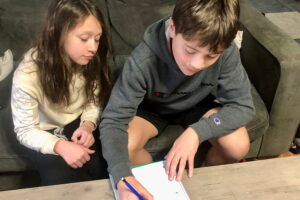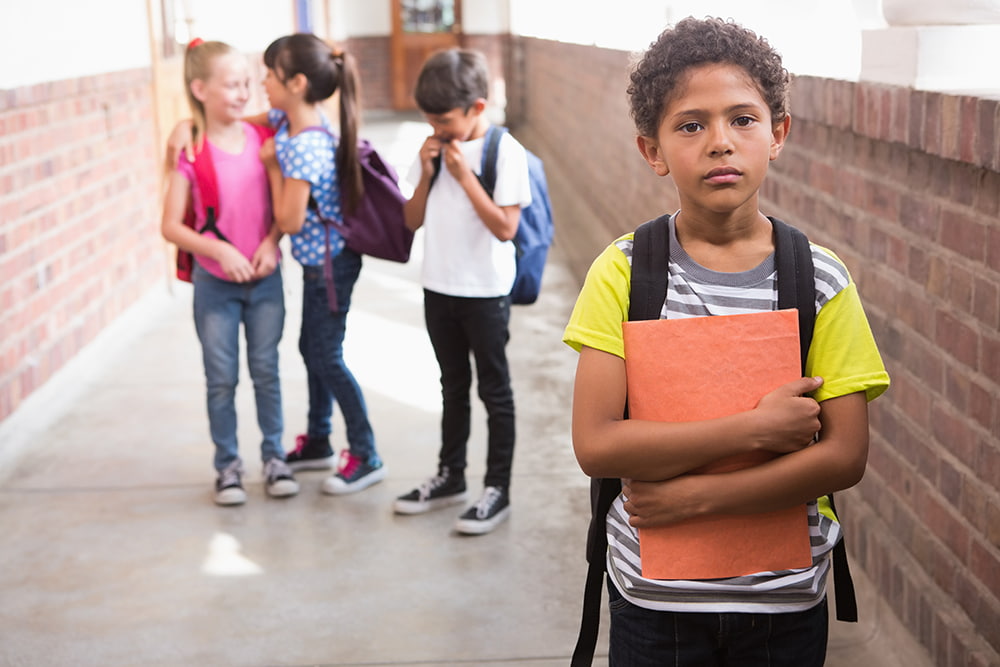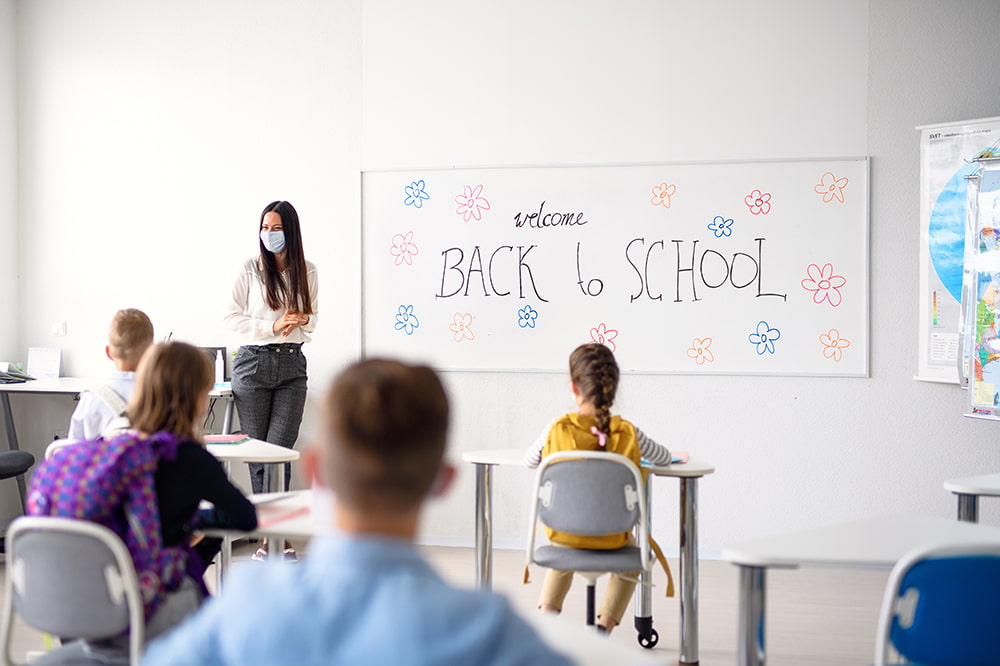
Falling Behind in School
Everyone is worried about how the Coronavirus pandemic is affecting children. And it IS affecting them. Instead of feeling anxiety about the ongoing pandemic, as parents, we’re told to agonize over failing test scores and academic regression.
What’s Happening At School
Collyns is falling behind, they say.
Hurry up. Get going. She’s behind! She has to catch up to where she would be if there hadn’t been a global pandemic! Hurry up! Schools have this timetable and she’s falling behind! SHE’S FALLING BEHIND!
That’s what we’ve been hearing all year. She has had extra help in reading and we continue to work with her at home. But now that summer is upon us what do we do. She will be starting second grade. We believe she will catch up and we shouldn’t be worried. But over the summer so many kids regress and she could fall even further behind come fall.
Should Learning Continue in the Summer?
So, I stressed over it and listened and made the decision to put her in summer school. Starting in June she will attend summer school five days a week for half the day. That way she will get the extra help she needs. But she may hate it! Let’s get something straight. I know there is no ultimate timetable for learning. But the idea that my child is not intellectually where she SHOULD be and if we don’t do something about it now she may be at risk of falling further behind has me concerned. And, I wonder should I be doing everything the school is offering to better her situation in the fall?
Mitch, my husband, and I are not on the same page. He thinks she’s too young and she will learn when she is ready to learn. And if our child isn’t ready today, that doesn’t mean she’ll never be ready. He reassured me that it doesn’t mean one child is smarter than another. It just means their brains develop at different rates. And it’s perfectly normal. I know this and agreed with him. I keep thinking, summer school can only help her. But, what if she’s miserable and that makes home life worse?
Figuring Out What’s Best
Mitch and I agreed to give it a try. If she absolutely hates going then we won’t make her continue. She will just go to her daycare and we will make a better effort at home to help her catch up. The key is to provide her with the opportunities and the circumstances that maximize the likelihood of learning. Not pedantically checking off skills and benchmarks. We want her to enjoy her summer break and continue to learn. We just hope that this summer school will make learning fun. Fingers crossed that to her this is a summer camp, not school.
Yes, their educations have been disrupted by the virus. But a global pandemic will do that. You want to fix the problem, nothing short of ending the crisis ultimately will work. Kids are just that – kids. My children aren’t falling behind. They’re surviving a pandemic. Keep trying to fix the problem and they’ll be fine.

Mallory Connelly
Babies & Toddlers
In addition to the time I devote to being a mom, I also work full-time outside the home, which means my day is hardly ever as simple as nine to five. With an all-too-established schedule, as soon as I walk through the door, my day doesn’t end, but rather just begins. It’s a balancing act, especially with two children, but being a mom is one full-time job that I never want to quit!


































